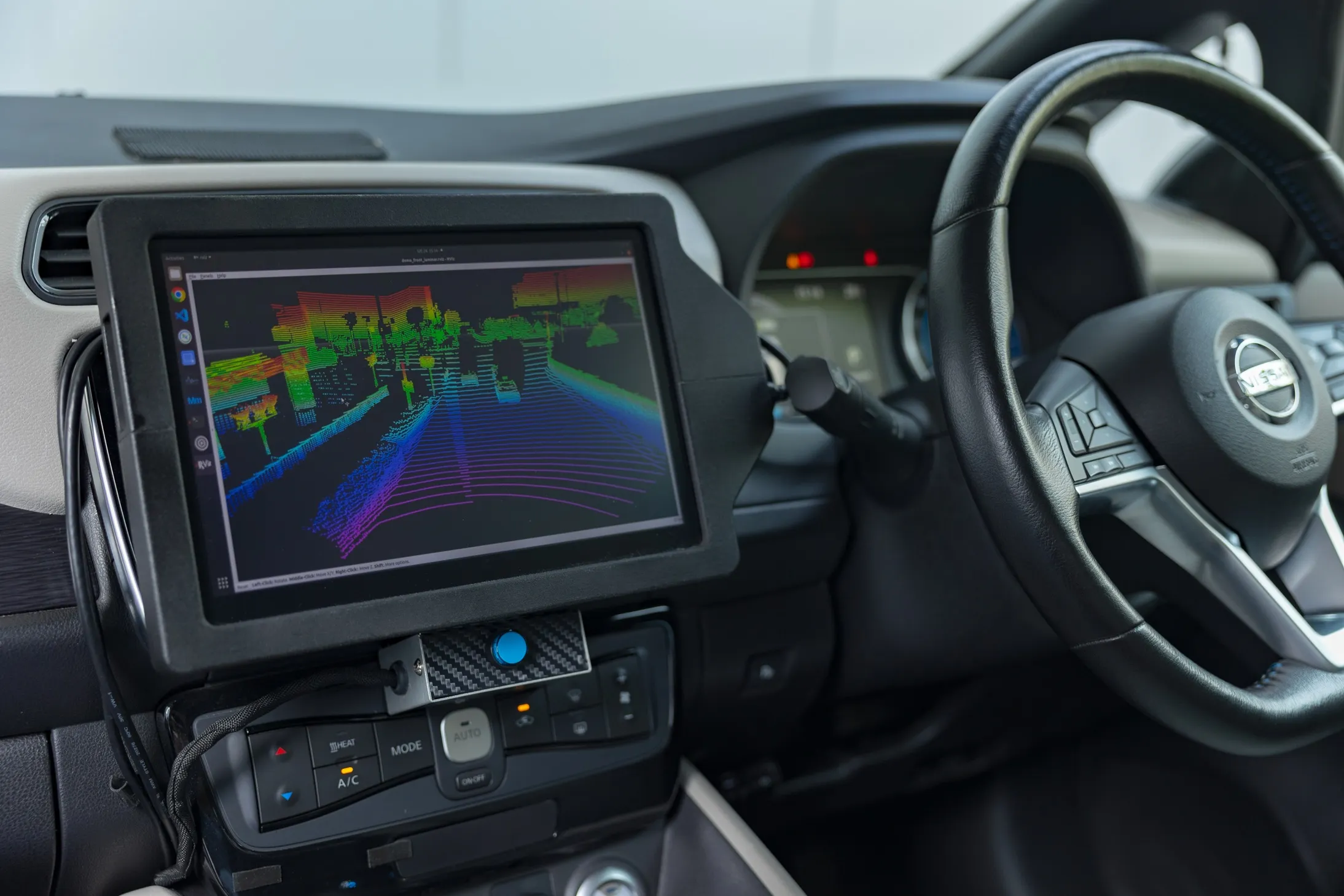Called Yoka Eco Bus, the vehicle will feature three batteries, three electric motors and an inverter from the Nissan Leaf. The automobile car manufacturer will also develop a dedicated gearbox and offer technical support.
Toshiro Matsuda, an associate professor at Kumamoto University and the project’s leader, said: “We hope to improve Japan’s environment by standardizing the manufacturing of EV [electric vehicle] buses with help from the know-how of automakers. Our goal is to develop EV buses that are well-balanced in terms of being friendly to the environment and having low development costs.”
Nissan Leaf technology integrated into electric bus trial in Japan
Nissan Leaf’s technology will be integrated into an electric bus project in Japan with the intention of making zero-emission public transit more widespread and affordable. The project is led by Kumamoto University’s involvement with a Japanese Ministry of Environment project which aims to eliminate C02 and other emissions from larger vehicles. The trial is scheduled to begin next month. Called Yoka Eco Bus, the vehicle will feature three batteries, three electric motors and an inverter from the Nissan
January 23, 2018
Read time: 2 mins









